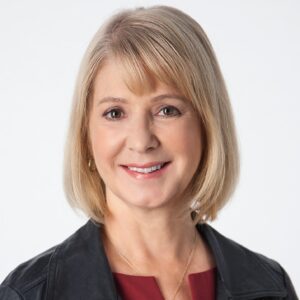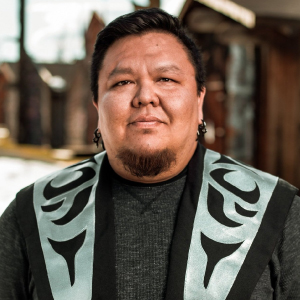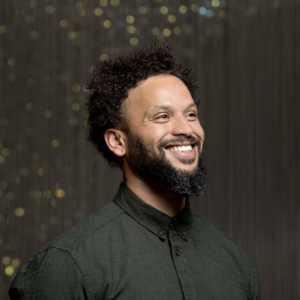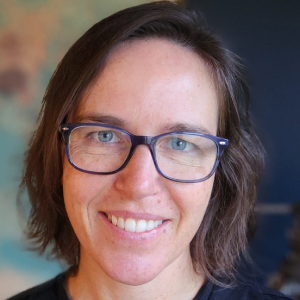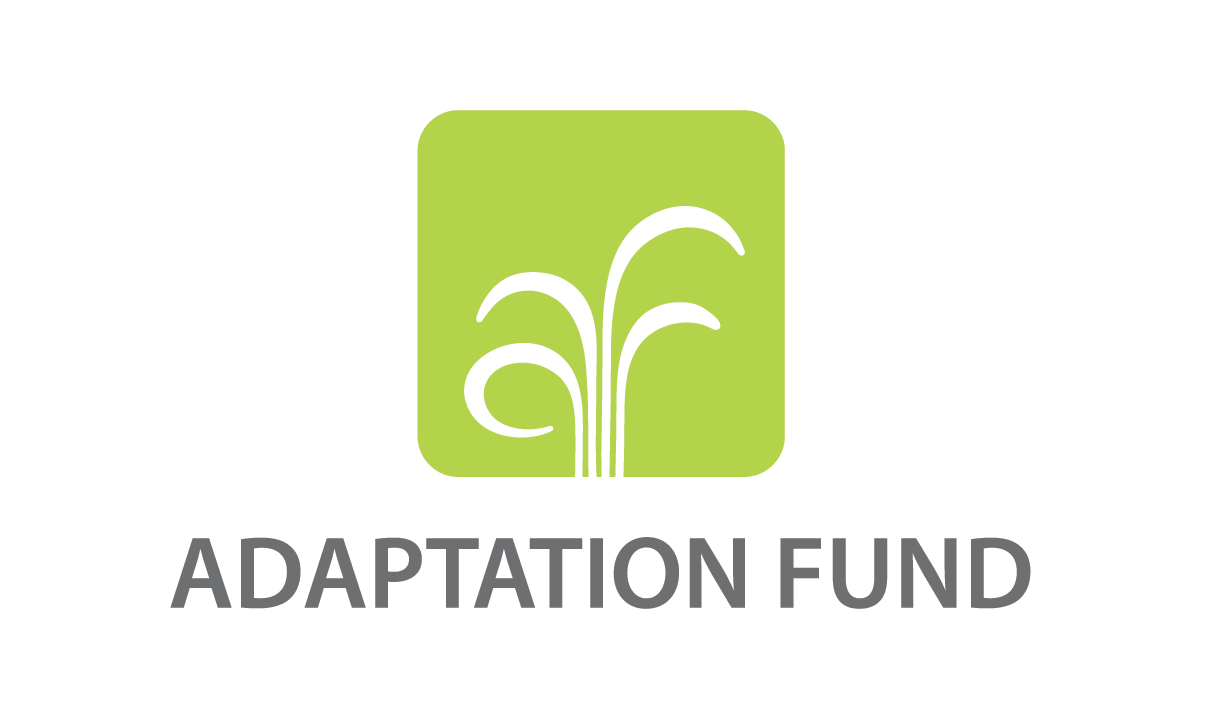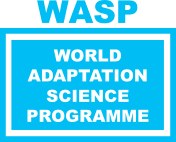Plenaries

Mid-week Plenary
Rise-up: Partnering for social change in the era of adaptation
Thursday October 5, 10.30am-12pm
Keynote by Laura Lynch
Panel discussion
Lead by Georgina Cundill Kemp with Ayesha Constable, Ethel Blondin-Andrew and Nabeel Petersen
Guest Speaker
Laura Lynch
Laura Lynch is an award-winning journalist and is the host of What On Earth. What on Earth won the inaugural Climate Solutions Reporting award from the Canadian Journalism Foundation (2021). In the course of her career, she has reported from across Canada and around the world.
In the 1990’s she covered the Supreme Court of Canada as it broke new ground with precedent setting Charter of Rights rulings.
Laura also covered Parliament Hill, covering everything from gun control, to abortion to international trade.
Internationally, Laura was based in Washington D.C. during and after the attacks of September 11, 2001. She was posted to London for 9 tumultuous years that featured political turmoil and violent attacks blamed on terrorism. Laura also reported from Pakistan where Benazir Bhutto was attacked and then assassinated, from Israel during the war with Lebanon and its ongoing dispute with the Palestinians, from Saudi Arabia where she was detained, from Syria as the country descended into civil war and from Africa, where she reported undercover from Zimbabwe when western journalists were barred.
She reported from many other nations and conflicts too numerous to list.
After many years abroad, Laura is back where she started in Vancouver using her years of experience to tell Canadians what they need to know about climate change, it’s challenges and solutions.
Over the years, Laura has won the prestigious Nieman fellowship from Harvard University, awards from the British Bar Association, the Canadian Bar Association, RTNDA (Canada and U.S. ), Overseas Press Club of America, Amnesty International, RNAO and the Gabriel awards.
Laura has a law degree from the University of Victoria and a journalism degree from Carleton University.
Speakers
Ayesha Constable
Ayesha has paired her activism with her scholarship having researched and published on gender and climate change as part of her doctoral studies, which links her interests in agriculture and climate adaptation. She has researched extensively on youth and gender in climate change within the context of climate justice contributing to global and regional policy and academic discourse on climate change. Her recent academic research has examined feminist activism with the application of an intersectional lens to examine the role of young women and girls in climate action in the Caribbean.
She has served as a member of several regional and global networks including the Commonwealth Youth Climate Network, is former Caribbean Coordinator for the Sustainable Development Solutions Youth Network, regional representative for Global Power Shift of 350.org and is currently a Global Advisor to FRIDA- the Young Feminist Fund. She co-leads the Caribbean Movement Lead Approach (MLA) for Feminist Organizing & Climate Justice under the auspices of the Global Fund for Women (GFW). She is founder of the Young People for Action on Climate Change Jamaica (YPACCJa), an umbrella organization for youth -led climate groups and of GirlsCARE- Girls for Climate Action for Resilience and Empowerment which offers mentorship for girls in climate activism. She is a member of the Board of Directors of the International Institute for Sustainable Development.
Hetxw’ms Gyetxw (Brett D. Huson)
Hetxw’ms Gyetxw, also known as Brett D. Huson (he/him/his), is a proud member of the Gitxsan Nation of the Northwest Interior of what settlers call British Columbia, Canada.
As a knowledge carrier, Brett’s work is centered on challenging stereotypes and tokenization of Indigenous knowledge systems. With over 16 years of experience in the film and television industry, Brett has volunteered as the chair for the sakihiwe Music Festival (sakihiwe.ca), and is currently a member of the Science Committee for Adaptation Futures 2023.
Brett is a multi-award-winning author, with his first series of books, Mothers of Xsan, offering readers a glimpse into the rich culture and unique perspectives of the Gitxsan people. He is currently working on a range of new books in both fiction and non-fiction, further exploring the complexities and beauty of the Gitxsan culture.
As a research associate at the Prairie Climate Centre at the University of Winnipeg, Brett has been instrumental in developing the Indigenous Knowledges section of the Climate Atlas (climateatlas.ca). He has also contributed to adapting the “Two-eyed Seeing” methodology, which aims to unite Indigenous and Western scientific approaches in a respectful and meaningful way.
With the unwavering support of his wife Jeri and their children Warren and Ruby, Brett is dedicated to sharing the stories of the land and promoting dialogue and understanding around Indigenous pedagogies and epistemologies.
Nabeel Petersen
Nabeel finds interest in exploring, developing and maintaining inclusive, co-created interventions, collaborative research and engagement between Communities, the Arts/artists and Science/Scientists in fun, interactive and relative methods for greater impact. Via various structures, i.e., as a Wellcome Trust International Engagement Fellow, Co-Director of The Pivot Collective and the Director of Interfer, he explores participatory research, inclusive and collaborative engagement and participatory storytelling. He also runs a creative visual laboratory/studio and arts supply store, called Soema Just (meaning “Just Because”), in Cape Town. He is one of the founding members of Connectors, an international community of practice supporting Connectors or intermediaries that bridge the gap between research and communities.
With foundations in Participatory Development and Approaches, Anthropology and research, he believes that inclusive models have the natural inclination to be catalysts for social transformation, build bridges for mutuality and greater impact. His arts- and collaborative-based engagement and research practice challenges traditional boundaries and binaries for relativity and co-learning, to foster greater impact and human connectivity and collective collaboration, which is now needed more than ever.
Nabeel has worked on and is particularly interested in the following themes: Climate Adaptation research; Sexuality, Sexual Health; Violence & Negotiations of Safety; Inclusive Health Engagement; Community and Public Engagement; Social Justice & Advocacy; Health Advocacy; Informal and Nonformal Education; Mental Health & Wellbeing; Public/Community Engagement; Community narratives; Localised Social Innovation; Decolonized research practice; urban ecology and; young-person-centred and -led research; etc.
Nabeel offers insight into alternative arts-based and participatory models that are flexible, inclusive, transparent and engaging. He strives toward inclusive and relative approaches to spark and develop meaningful transformation and relationships, challenge existing practice and structures, and stimulate meaningful and necessary dialogue and sharing, both locally and globally.
“Nothing breathes in isolation. Together we can build and sustain. So Why The Hell Are We Not?!”
Georgina Cundill Kemp
Georgina is a Senior Program Specialist in climate resilience at the International Development Research Centre. She is the co-chair of the Science Committee for Adaptation Futures 2023.
Georgina works to connect evidence to action through climate change programming across Africa, South Asia and Latin America, with a strong interest in justice, multiple knowledges, social learning, vulnerability and resilience in climate change adaptation. Georgina particularly works to promote research uptake, knowledge brokering and transdisciplinary collaboration for impact. She has collaborated and published widely on related topics.
Currently, Georgina leads the Step Change initiative, a Canada-Netherlands partnership to accelerate locally-led adaptation in 16 countries in the global South, with a focus on gender equality and social inclusion, adaptation finance and ecosystem-based adaptation. She also supports research projects focussed on climate justice, climate mobility and forced displacement, nature-based solutions and food systems.
Previously Georgina was a Senior Lecturer at Rhodes University in South Africa, where she worked with rural communities on issues of post-Apartheid land rights in communal areas, co-management, governance and livelihoods for more than a decade. She was also a research lead in social-ecology at the Centre for Advanced Studies in Arid Zones in Chile. Georgina holds a PhD in Environmental Science from Rhodes University.
